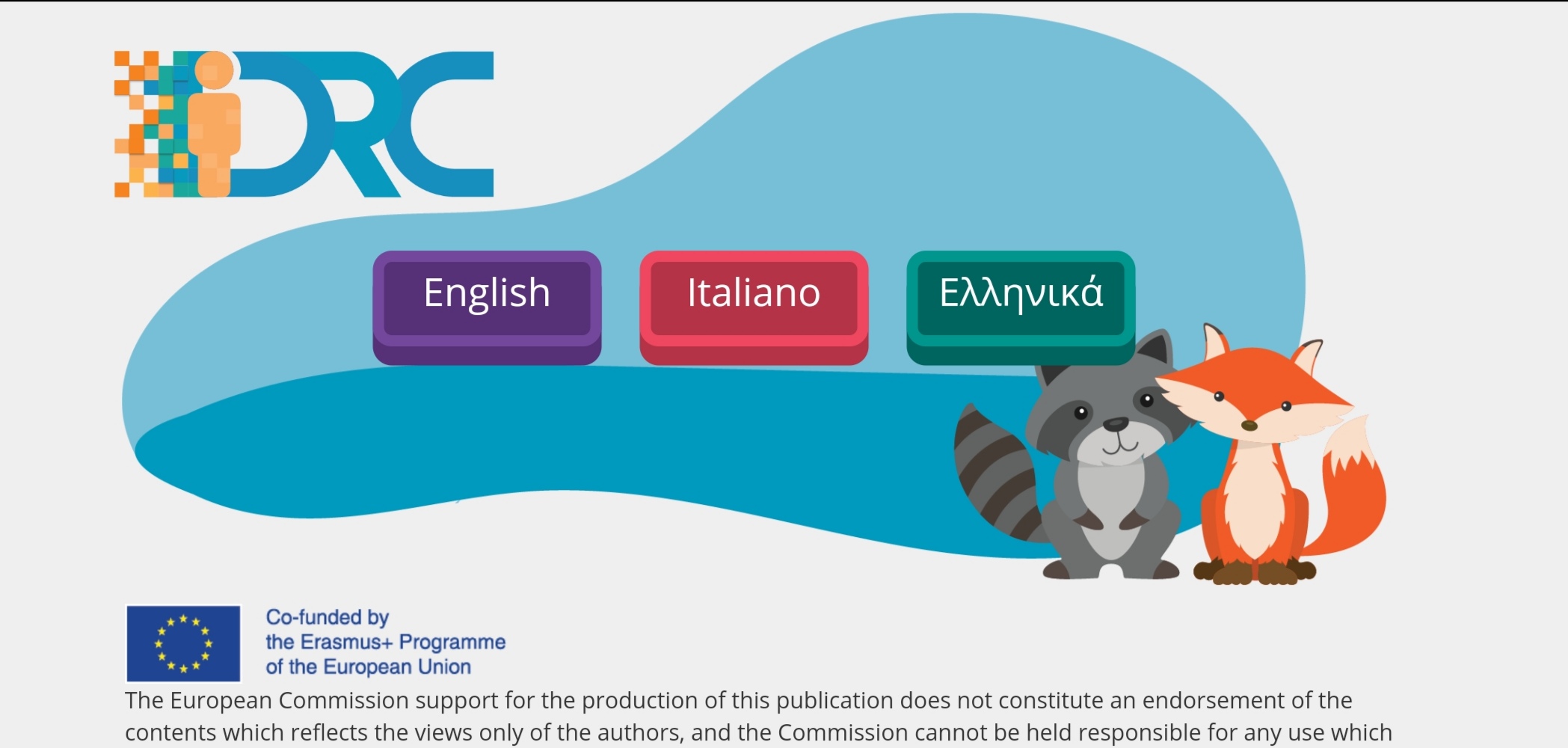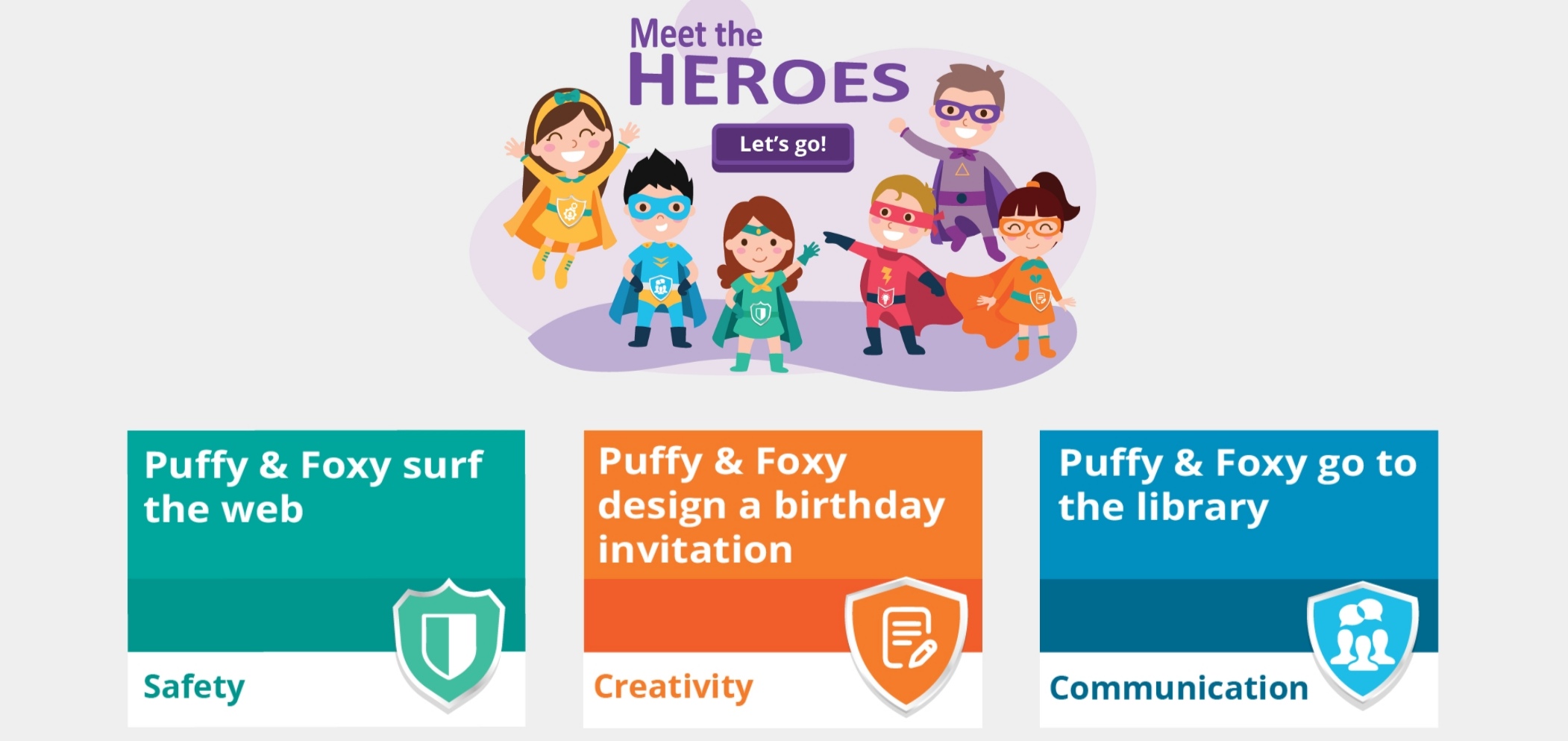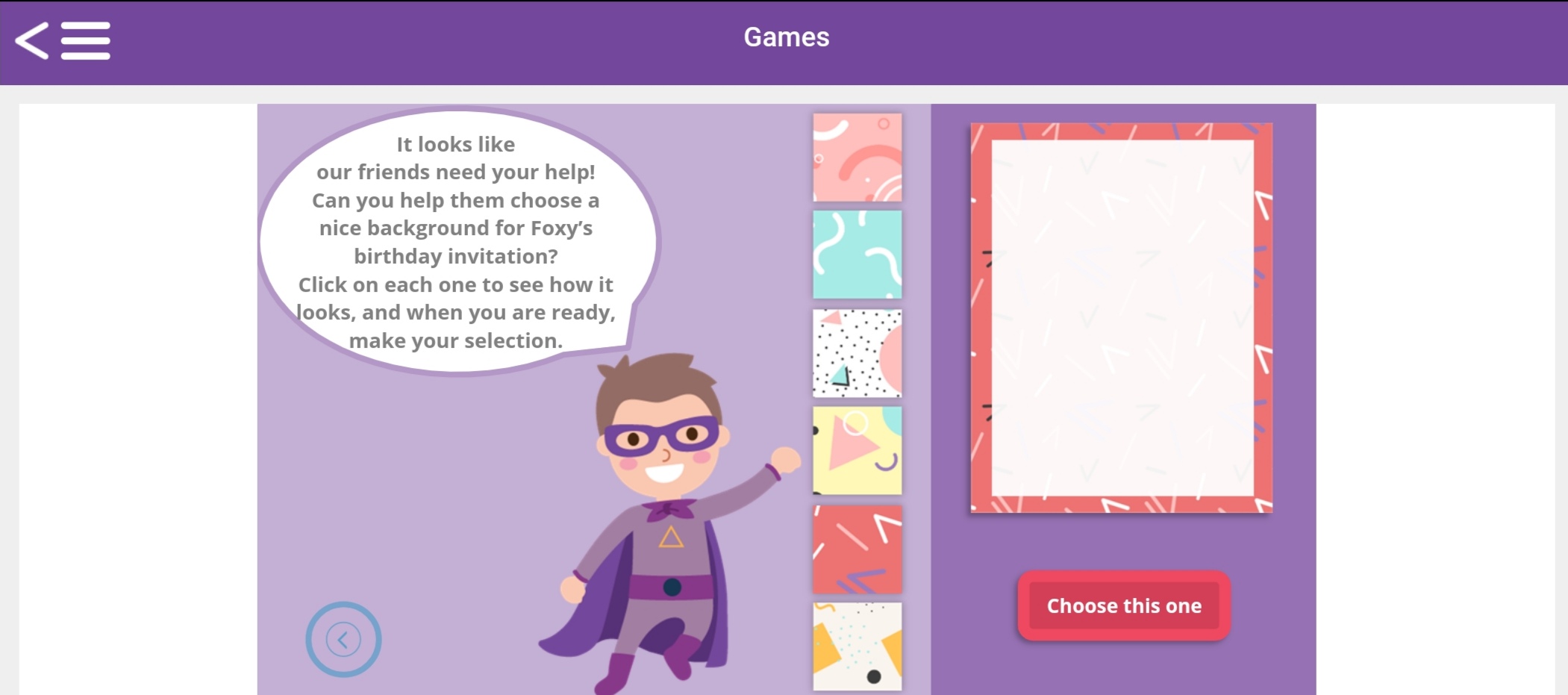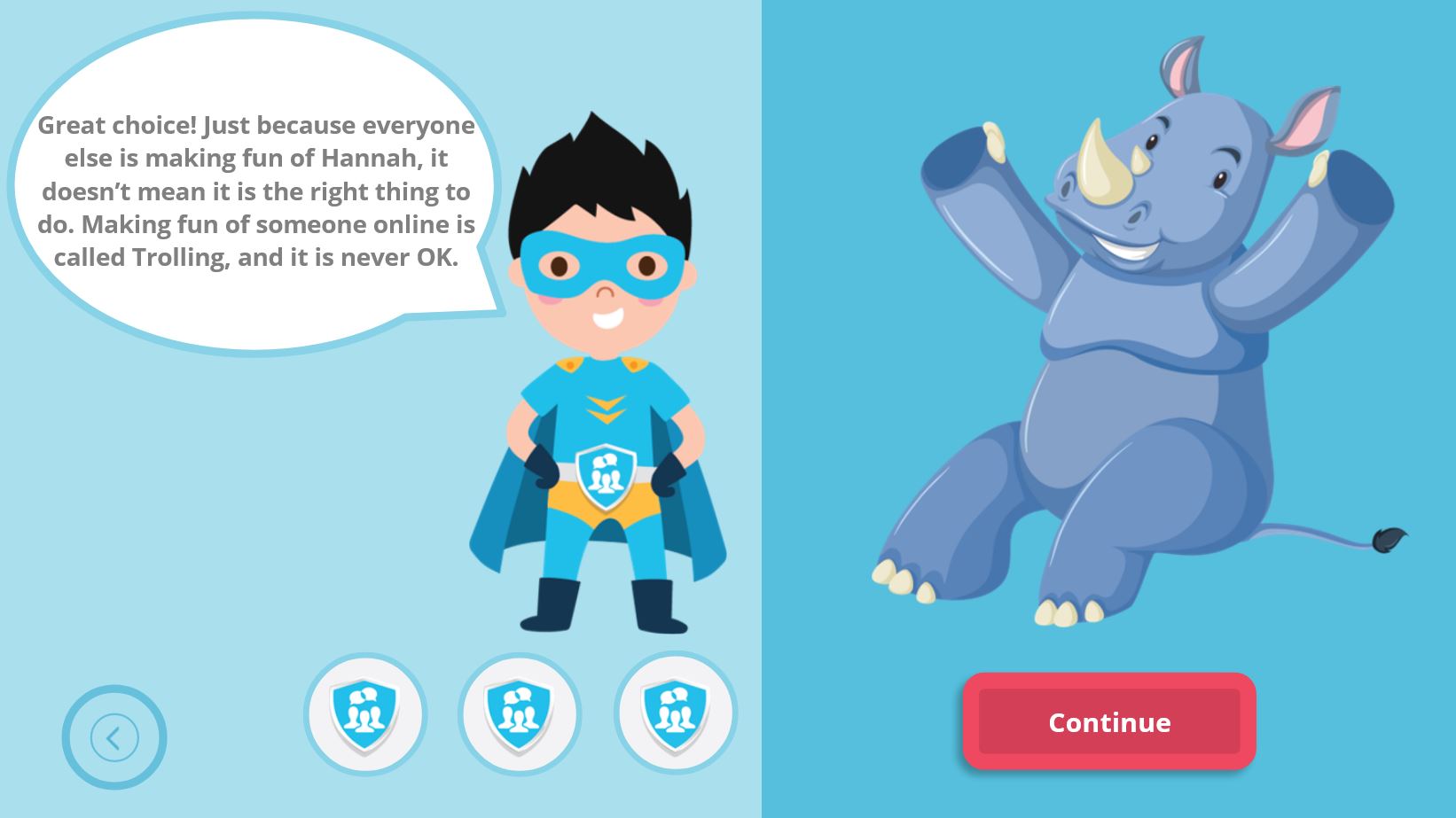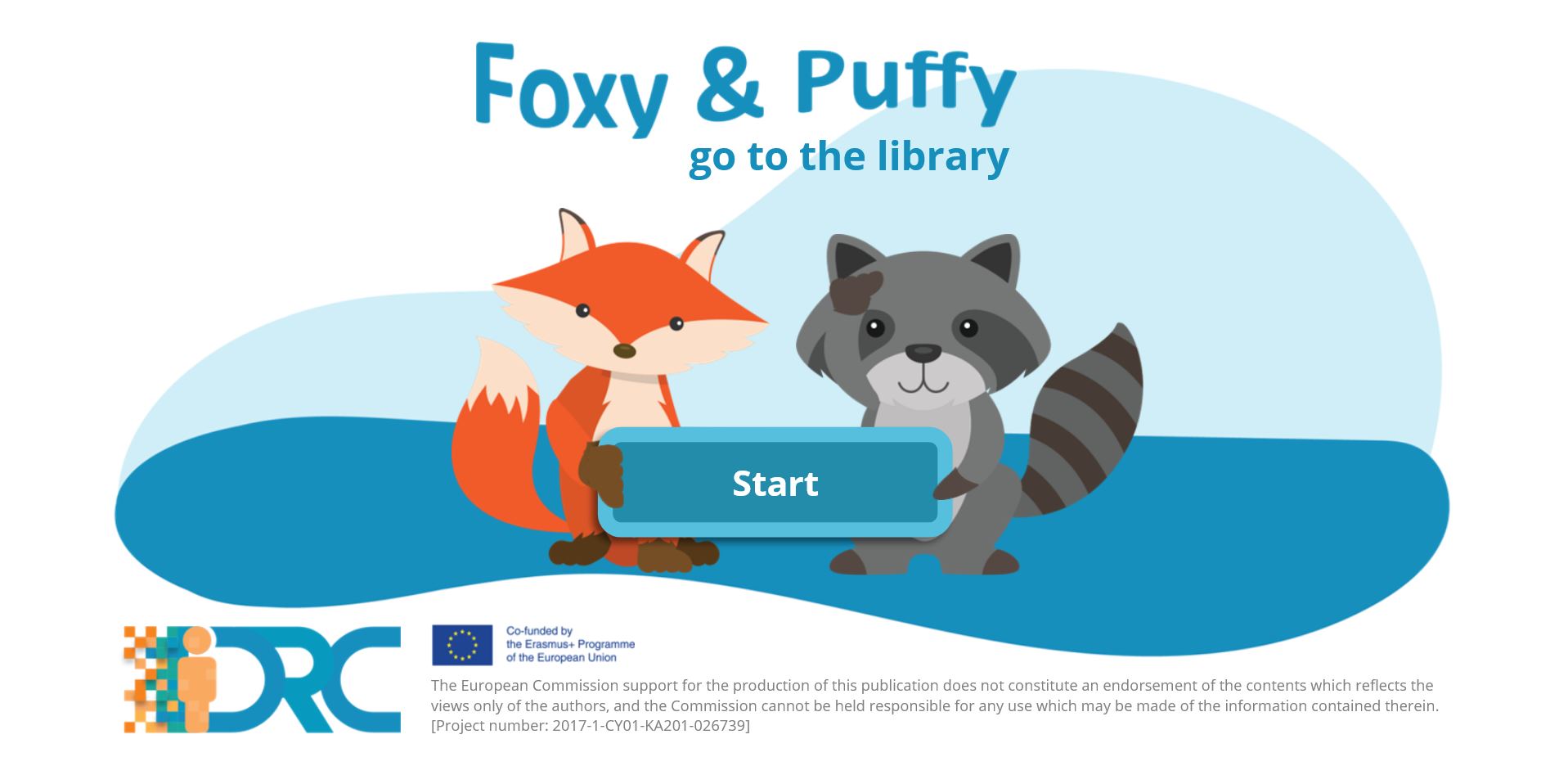Digital, Responsible Citizenship in a Connected World
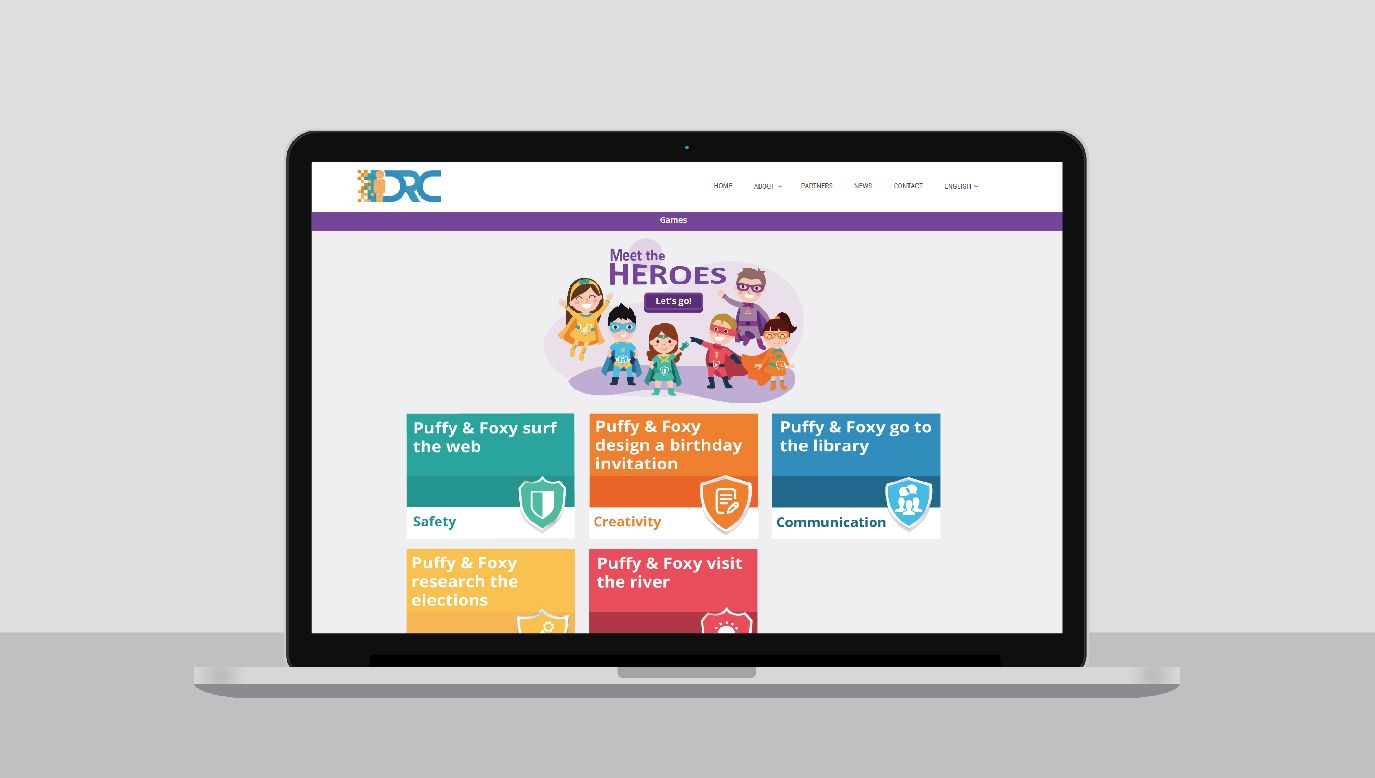

Name/Title: DRC – “Digital, Responsible Citizenship in a Connected World”
Executive Summary – Overview
Basing the scope of its work and approach on the DiGComp Framework, the ‘Digital, Responsible Citizenship in a Connected World – DRC’ project worked towards infusing innovative pedagogical practices to facilitate the integration and promotion of digital citizenship skills in school and teacher education. The project produced a comprehensive package of educational material and tools, complemented by structured guides and training offerings, to educate students and teachers alike on digital citizenship skills and facilitate the promotion and integration of digital literacy and citizenship in school curricula.
Background – General
In today’s increasingly interconnected and digital world, the integration of digital literacy and citizenship in school education is imperative. These concepts ensure that students not only acquire the skills necessary to responsibly navigate the digital realm, but also promote ethical behavior online, encouraging respectful engagement and counteracting cyberbullying. When woven into education, digital literacy and citizenship also prepare students for future professional landscapes, as well as empower them to be responsible digital citizens capable of leveraging technology for positive change in society. In addition, these principals help pave the way for the educational systems to address and tackle disparities in skills, that often are the underlying factors that foster inequalities.
Solution – CARDET Focused
Led by CARDET and implemented in four EU countries by a consortium of five organisations, DRC took a multifaceted approach to educate and enhance teachers’ and students’ digital citizenship skills.
Specifically, having examined and documented the existing needs and realities in the field, the consortium designed a pedagogical framework and e-Toolkit for Digital Citizenship education. Furthermore, it produced a Curriculum and Guide to build up the knowledge and skills of educators in designing, implementing and evaluating learning activities to elevate their students’ digital skills. The educational resources of the project were complemented by a Digital Citizenship App, in the form of an interactive gamified learning environment, through which primary schools can explore fundamental aspects of digital citizenship, covering the five digital competence areas of DigComp framework.
Most importantly, the initiative focused on engaging and collaborating with key educational stakeholders and schools in the implementing countries to set the foundations for the structured introduction of digital citizenship programs in school curricula that are aligned with the DigComp framework. Over the course of the project, CARDET collaborated closely with the Ministry of Education, Culture, Sport and Youth and the Cyprus Pedagogical Institute to facilitate the transfer of the work and resources of the DRC in schools and to effectively engage education policymakers, teachers, parents and students. The Centre also played an instrumental role in the development and delivery of its Digital Literacy and Citizenship Guide for teachers in both online and face-to-face format and the development of the Digital Gamified Mini Games.
Results – Impact
Operating on the basis of a structured and comprehensive work plan that entailed the implementation of all its actions in overlapping phases incorporating research and analysis, design and development the project team successfully completed DRC’s objectives. With the support and guidance of CARDET’s project management team and experts, with the completion of the project team, the implementing consortium has expertly completed all its tasks that enabled the:
- Engagement of 15,000 educators, community members, policymakers, training providers and stakeholders
- Compilation of a Transnational State of the Art report on ‘Digital Citizenship Profile/identity in schools’
- Design of a Pedagogical Framework and the development of an e-Toolkit on Digital Citizenship
- Creation of the Digital Literacy and Citizenship Guide for Teachers
- Development and Evaluation of the Digital Citizenship Programme and Curricula on digital literacy
- Development of a Digital Citizenship App – gamified learning environment
- Delivery of workshops to students (ages 6-12) in the implementing countries
- Offering of a certified training to teachers
Field
Countries covered
Implementation Period
Funding Agency
Website
